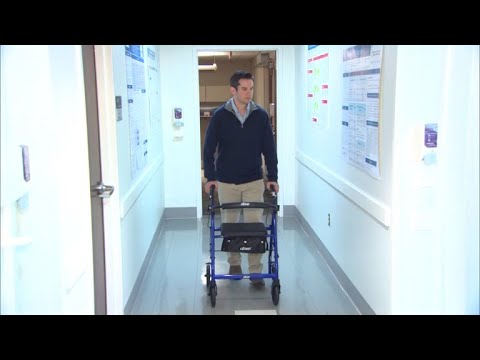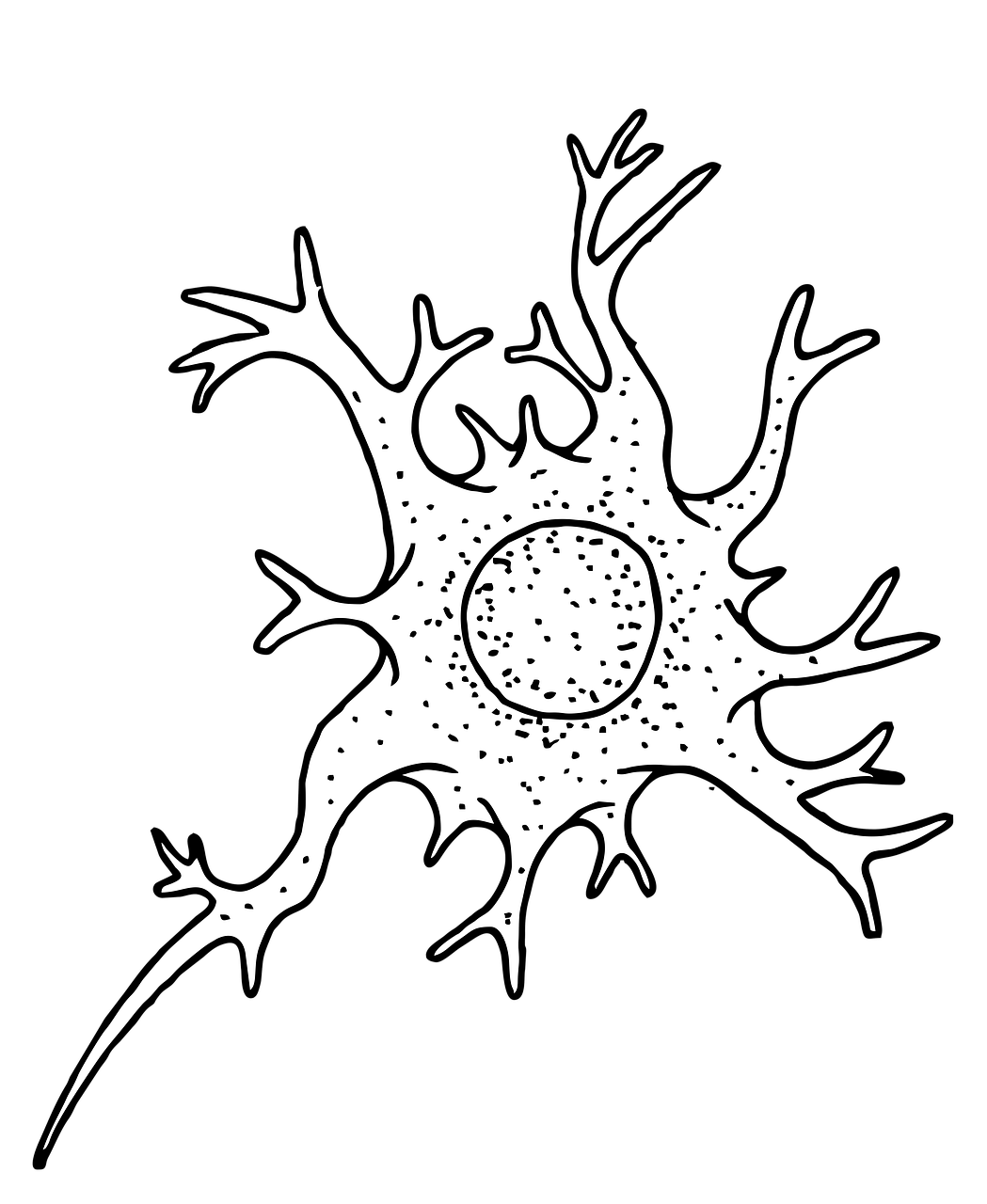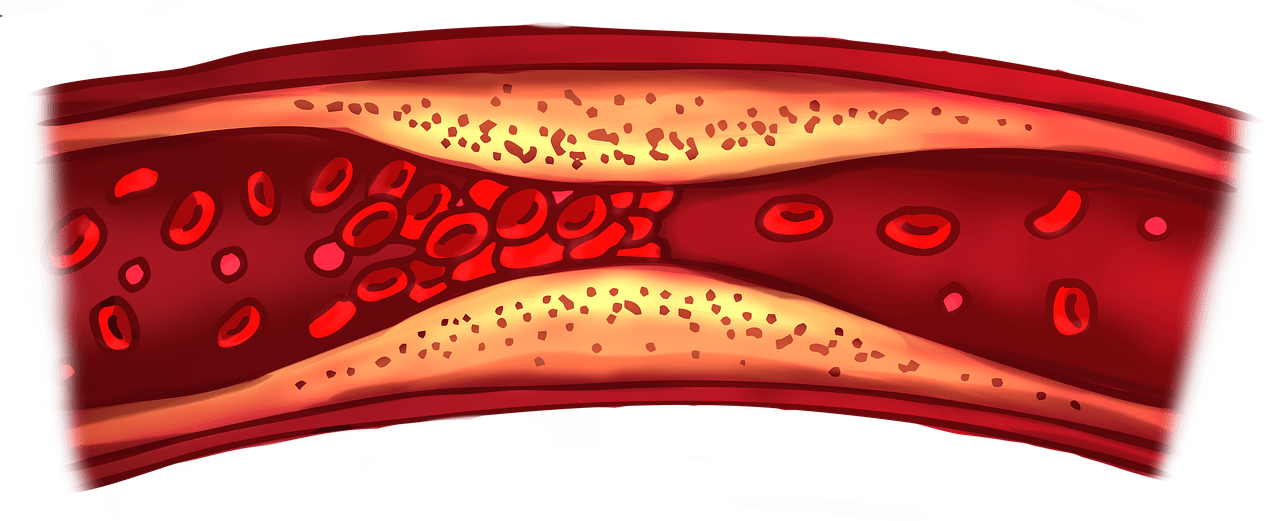Recent advancements in stem cell therapy have shown encouraging results for patients battling ALS, a debilitating disease also known as Lou Gehrig’s Disease. David New Felice, a 41-year-old mechanical engineer and family man, faced a life-altering diagnosis that shifted his world. With no existing cure and a prognosis of only a few years to live, he eagerly joined a clinical trial at Massachusetts General Hospital in Boston, which is exploring a promising stem cell treatment. This innovative approach utilizes David’s own stem cells, enhancing them to mimic brain cells before introducing them back into his body.
The treatment aims to tackle inflammation in the brain and spinal cord that exacerbates ALS symptoms. David has already felt the impact of the disease in his daily life, affecting his balance and hand movements. However, his participation in the trial has sparked hope not only for himself but for countless others facing similar challenges. With injections administered every eight weeks, he remains optimistic about the potential benefits this research might yield for ALS patients in the future.
Overview of ALS

Definition of Amyotrophic Lateral Sclerosis (ALS)
Amyotrophic Lateral Sclerosis, commonly referred to as ALS, is a progressive neurodegenerative disease that primarily affects nerve cells in the brain and spinal cord. This condition leads to the gradual degeneration and death of motor neurons, which are essential for controlling voluntary muscle movements. As these neurons deteriorate, individuals experience weakness, muscle wasting, and ultimately loss of bodily functions. With ALS, you may encounter difficulty speaking, swallowing, and breathing over time, making it a profoundly challenging diagnosis for both patients and their loved ones.
Symptoms and Diagnosis of ALS
The symptoms of ALS often begin subtly, and you might first notice muscle twitching or weakness in a limb. Over time, these initial signs can escalate into more severe challenges, such as difficulty with fine motor skills or trouble maintaining balance. Other common symptoms include fatigue, difficulty speaking (dysarthria), and respiratory problems. Given these varying symptoms, diagnosing ALS can be complex. It typically involves a comprehensive neurological examination, electrodiagnostic tests to assess nerve activity, and ruling out other potential causes of the symptoms. If you or a loved one are facing these challenges, it’s critical to consult with a healthcare professional for a thorough evaluation.
Stages of ALS Progression
ALS progresses through several stages, and understanding these stages can prepare you for the journey ahead. In the early stage, symptoms are mild and may affect only one limb or area. As the disease progresses, you may encounter increased weakness and a wider range of affected muscles. During the middle stages, major functions such as walking, speaking, and swallowing can become difficult. In the late stages, you might experience total paralysis, yet cognitive function often remains intact. Each individual’s progression can vary significantly, making personalized care and support essential.
Current Treatment Landscape for ALS
Existing Therapies and Their Limitations
Currently, there are a few treatments approved for ALS, such as Riluzole and Edaravone. While these medications can modestly prolong survival and slow disease progression, they do not halt or reverse the course of ALS. You might find that many patients are seeking additional options due to the limitations of existing therapies. Understanding the burden of ALS, both physically and emotionally, has prompted a search for more innovative treatments.
Role of Palliative Care in ALS
Palliative care plays a crucial role in the management of ALS by focusing on improving the quality of life for you and your family. This approach encompasses pain management, emotional support, and addressing any physical or psychological distress stemming from the disease. By emphasizing comfort and holistic care, palliative teams can help you navigate the emotional landscape of ALS, enabling both you and your loved ones to cope better.
Need for Innovative Treatments
The quest for innovative treatments for ALS is becoming increasingly urgent. Traditional methods have not produced significant breakthroughs, which means there is a growing recognition of the need for research into new technologies, therapies, and approaches. Many researchers are exploring exciting avenues such as gene therapy, neuroprotective agents, and stem cell-based treatments as potential game-changers in the battle against this debilitating disease.
Introduction to Stem Cell Therapy
What are Stem Cells?
Stem cells are unique cells in the body that possess the remarkable ability to develop into various cell types. They play a fundamental role in growth, repair, and regeneration. You might find it fascinating that stem cells can transform into any specialized cell type, giving them immense potential in treating a range of ailments, particularly neurodegenerative diseases like ALS.
Types of Stem Cells Used in Medicine
There are several types of stem cells utilized in medicine today, including embryonic stem cells, induced pluripotent stem cells (iPSCs), and adult stem cells. Adult stem cells, which are derived from tissues such as bone marrow or fat, have been increasingly recognized for their ability to repair damaged tissues. In ALS treatments, researchers often focus on using these adult stem cells from patients themselves, minimizing the risks associated with rejection and other complications.

Mechanisms of Action in Neurodegenerative Diseases
In the context of neurodegenerative diseases like ALS, stem cells work through multiple mechanisms of action. They can help reduce inflammation, promote cellular repair, and support the survival of motor neurons. Furthermore, stem cells may release growth factors that facilitate healing and hinder disease progression. The exploration of these properties is integral to the development of stem cell therapies specifically tailored to combat ALS.
The Clinical Trial: Stem Cell Treatment for ALS
Overview of the Clinical Trial
A clinical trial at Massachusetts General Hospital is currently testing a groundbreaking stem cell treatment for ALS. This innovative approach uses the patient’s own stem cells, obtained from their bone marrow or adipose tissue. After being multiplied and matured in a lab setting to behave more like brain cells, these cells are reintroduced into the patient’s system in hopes of restoring function and alleviating symptoms.
Eligibility Criteria for Participation
If you or someone you know is interested in participating in this clinical trial, it’s essential to understand the eligibility criteria. Participants are generally required to be diagnosed with ALS, be within certain age ranges, and meet additional health criteria as determined by the overseeing medical team. If you consider participation, it’s best to discuss it with your healthcare provider to evaluate if this might be a suitable option.
Key Objectives of the Treatment
The primary objectives of the stem cell treatment in this trial include reducing inflammation, protecting vulnerable motor neurons, and ultimately preserving muscle function and mobility. Researchers aim to document the safety and efficacy of the treatment, setting the foundation for future advancements in ALS therapies. Whether you’re a participant or a supporter, understanding these objectives can provide hope and motivation throughout the trial process.
The Technology Behind the Treatment

How the Treatment Uses Patient’s Own Stem Cells
One of the standout features of this treatment is its use of your own stem cells. By utilizing stem cells from your body, the treatment minimizes the risk of rejection and enhances the potential for successful integration. This personalized approach is designed to harness the natural healing capabilities of your own cells, which is a promising step forward in ALS therapy.
Process of Cell Multiplication and Maturation
The treatment process involves first extracting stem cells from your body, typically through a simple medical procedure. These cells are then cultured in a controlled laboratory environment where they are multiplied and matured. This stage is critical as it allows the stem cells to develop properties similar to those of healthy brain cells. When the time comes for the administration of these cells, they’re already prepared to engage in restorative actions within your nervous system.
Injection Technique and Administration
When it comes to administering the stem cells, a specific technique is employed to ensure efficacy. The injected stem cells are delivered directly into areas of the brain and spinal cord that have been affected by ALS. This localized approach helps to maximize the impact of the treatment, allowing the stem cells to exert their beneficial effects right where they’re needed the most. Regular injections are typically scheduled every eight weeks, providing continual support as your body responds to the treatment.
Potential Benefits of Stem Cell Treatment
Reducing Inflammation in the Brain and Spinal Cord
A notable benefit of stem cell treatment lies in its potential to reduce inflammation within the brain and spinal cord. In ALS, excessive inflammation can exacerbate neuron damage and accelerate disease progression. If successful, stem cell therapy could act as an anti-inflammatory agent, mitigating this harmful response and giving your neurons a better chance to survive and function.

Restoring Functionality in Motor Neurons
Another exciting aspect of this treatment is its potential to restore functionality in your motor neurons. By reintroducing stem cells that can support neuron health and repair, you might experience improvement in muscle control, mobility, and overall bodily functions. Each positive progression, no matter how small, can create a ripple effect, enhancing your quality of life and independence.
Psychological Impact on Patients and Families
The psychological benefits of participating in a stem cell trial cannot be understated. For you and your loved ones, being part of an innovative treatment can instill hope during what may feel like a bleak journey. Knowing that you’re helping to pioneer potential breakthroughs not only brings a sense of agency but can also foster a supportive community among trial participants and families, promoting emotional resilience.
Patient Experiences and Testimonials
Profiles of Participants like David New Felice
One compelling account from the clinical trial comes from David New Felice, a 41-year-old father and mechanical engineer who was diagnosed with ALS. His story reflects the profound impact ALS can have on individuals and families. You can relate to David’s initial shock and heartbreak upon diagnosis, yet his decision to participate in this clinical trial highlights the hope for new therapies to combat the disease actively.
Challenges Faced During Treatment
While the stem cell treatment provides hope, it doesn’t come without challenges. Participants like David may face physical discomfort during the extraction and injection processes, as well as the emotional burden of dealing with an unpredictable disease. However, sharing these challenges often brings a strong sense of solidarity among participants, helping to create a network of support throughout their journeys.
Personal Hopes and Expectations for Future
For David and others involved in the trial, hopes for the future are centered around meaningful advancements in ALS treatment. David expressed a determined wish for ALS patients to gain a “powerful weapon” to combat their disease. This sentiment underscores the collective desire not just for personal improvement but for a transformative change in the landscape of ALS treatment possibilities.
Expert Insights on the Research
Perspectives from Leading Researchers
Researchers participating in the ALS stem cell trials are hopeful about pioneering treatments that could alter ALS’s trajectory. Their insights reflect the importance of ongoing investigation and adaptation as they learn more about how stem cells interact with the diseased nervous system. Many researchers emphasize the promising results that early-stage trials are producing, laying the groundwork for future breakthroughs.
Challenges in Conducting ALS Stem Cell Trials
Conducting trials for ALS stem cell treatments presents unique challenges. Recruitment of eligible participants, funding constraints, and regulatory hurdles can all impede research progress. Furthermore, researchers must navigate the inherent variability in how ALS affects different individuals, tailoring treatments accordingly to best meet their needs. You can appreciate the dedication and hard work by the research community to overcome these issues for the benefit of all ALS patients.
Future Directions in ALS Research
Looking ahead, the direction of ALS research is optimistic. With advancements in biotechnology and a growing understanding of stem cell mechanisms, researchers are exploring combinations of therapies and innovative applications that could enhance treatment efficacy. The collaboration between medical professionals and advocates shows promise for creating a future where ALS patients have better options to manage their condition.
Regulatory and Ethical Considerations
FDA Approval Process for Stem Cell Treatments
The process of obtaining FDA approval for stem cell treatments involves rigorous testing to ensure safety and effectiveness. Before emerging therapies are made widely available, they undergo multiple phases of clinical trials to assess their impact comprehensively. For you and other patients, adhering to these stringent regulations ensures that any new treatments meet established safety standards while providing valid hope for the future.
Ethical Implications of Stem Cell Research
The exploration of stem cell research raises important ethical considerations, particularly regarding the origin of stem cells and how they are used in therapies. As a patient or supporter, it’s vital to prioritize ethical standards in medical practices and advocate for responsible research. Open discussions surrounding these topics will help mitigate concerns and pave the way for greater acceptance of promising therapies.
Informed Consent in Clinical Trials
Informed consent is a foundational aspect of participation in clinical trials. It ensures that you are aware of the potential risks, benefits, and objectives of the study before enrolling. This process emphasizes respect for patient autonomy, allowing you to make preparations based on an informed understanding of the treatment. Transparency fosters trust between researchers and participants, which is essential for the advancement of ALS treatments.
Conclusion
Summary of Key Findings
In summary, ALS remains a profoundly challenging condition with significant emotional and physical implications. However, advancements in stem cell research bring hope for innovative treatments that may alter the course of this disease. Through personalized approaches, researchers are exploring how our bodies’ own stem cells can effectively address the challenges posed by ALS.
Importance of Ongoing Research
Continuing research is crucial to uncover new therapeutic options for ALS patients. As the medical and scientific communities work together to overcome the obstacles inherent in the research process, you can feel encouraged by the growing momentum behind finding effective treatments. Each new study contributes vital knowledge, inching closer to breakthroughs that could transform lives.
Hope for ALS Patients and Families
For those battling ALS, and for their families, the emergence of promising therapies symbolizes hope. As more trials and research projects unfold, they epitomize a commitment to improving lives affected by this condition. Together, with the participation and support of individuals like you, there’s optimism for not just improved treatments but a future where ALS patients regain control over their health and lives. Stem cells have the extraordinary ability to repair and regenerate damaged cells, making them a promising solution for many chronic conditions. However, traditional stem cell therapy is often out of reach due to high costs, the need for donors, or the requirement to travel abroad. Fortunately, a groundbreaking stem cell technology is now available, offering a more affordable and accessible way to experience these benefits.
This technology complements healthy lifestyle habits—like eating well, exercising, and reducing toxins—to enhance the body’s natural healing processes. It accelerates recovery, supports immune function, and combats inflammation by strengthening your cells. To learn how this innovative solution can benefit you, your loved ones, or those facing health challenges, contact me at stemboostx@gmail.com with the subject “AIWNBOX.”



